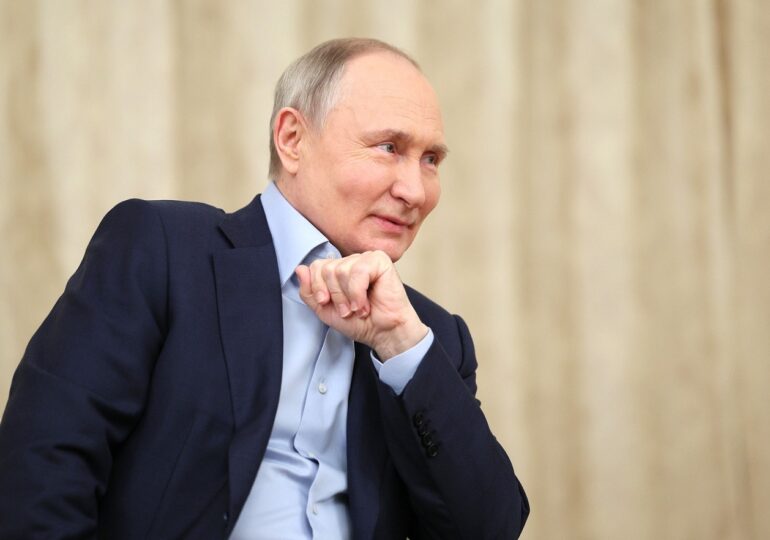The Russian Foreign Intelligence Service (SVR) has made a series of accusations against the European Union, the United Kingdom, and Poland, claiming that they are organizing covert operations aimed at blaming Moscow for acts of sabotage.
Analysts warn that these accusations could be part of an increasingly intense „hybrid war” strategy and a signal that the Kremlin is preparing its narrative for a possible conflict with NATO.
The Series of Accusations: From Poland to Transnistria
On October 6, the SVR accused the United Kingdom of recruiting Ukrainian agents to organize a maritime attack that would appear to be Russia's doing, even using Chinese equipment to also implicate Beijing.
Just a few days earlier, Moscow had accused the Polish services of creating a fake unit of Russo-Belarusian special forces with the Ukrainians to attack Polish infrastructure.
And on September 23, Russia claimed that NATO and the EU are planning provocations in the separatist region of Transnistria in Moldova.
"A Clear Increase in Russian Accusations"
"There is a clear increase in accusations regarding false flag operations attributed to NATO countries, especially since the end of September," said Patrick Rene Haasler, an analyst at the International Team for the Study of Security in Verona.
Although Western governments have dismissed these claims as disinformation, the frequency and timing of them are catching the attention of experts.
Signs of a "Phase Zero" Before a Conflict
According to the Institute for the Study of War (ISW) in Washington, the recent wave of accusations could indicate that Russia has entered a so-called "Phase 0" - the stage before open war, characterized by secret operations, psychological warfare, and disinformation campaigns.
"In Russian doctrine, this phase corresponds to a 'special period' inherited from the Soviet era, a stage of intense tensions immediately before the outbreak of war," explained Kevin Riehle, an intelligence expert at Brunel University in London, to France 24.
In this "special period," Russian doctrine emphasizes sowing confusion, justifying future military actions, and consolidating internal support.
"It is part of modern Russian hybrid warfare doctrine, based on chaos in the midst of battle and ambiguous operations," says Jeff Hawn, a Russia specialist at the London School of Economics. The goal, he adds, is to create a legal justification for conflict and mobilize the population around the leadership.
Familiar Recipe of War Narratives
These accusations recall the tactics used by Russia before other aggressions. "After the annexation of Crimea in 2014, Moscow claimed that the Russian population was threatened by Ukrainian Nazis," says Evgeni Golovchenko, a researcher at the University of Copenhagen. In reality, these "threats" were fabricated by Russian mercenaries.
A similar scenario repeated in 2022, with explosions in Donbas presented as evidence that Ukraine was preparing an attack. "Russia claimed it had to launch a 'special operation' to defend itself," Golovchenko added.
Target Audience: Russian Population
Although the accusations are directed towards the West, they are primarily intended for the domestic audience, explains Riehle.
Propagated by state-controlled media, they aim to influence public opinion and portray NATO as an aggressive force.
"The message is clear: Russia is always on the defensive, never the aggressor. It's always the other who started," says Riehle.
At the same time, the Kremlin takes into account its global image. "As surprising as it may seem, Russia does care about international legitimacy. This is the essence of hybrid warfare: to create confusion and blur the line between peace and war," says Jeff Hawn.
Intimidation Strategy
Although the series of accusations could signal preparation for escalation, some experts believe it is more of an intimidation strategy. "One of the foundations of hybrid warfare is the denial of responsibility," explains Haasler. Such statements may be intended to preemptively discredit Western narratives or later justify actual acts of sabotage.
For Riehle, Moscow's goal is more to send a warning than to launch an attack. Russia is preparing its discourse for the eventuality of a confrontation and, at the same time, reserves the right to deny any guilt if the situation spirals out of control.

